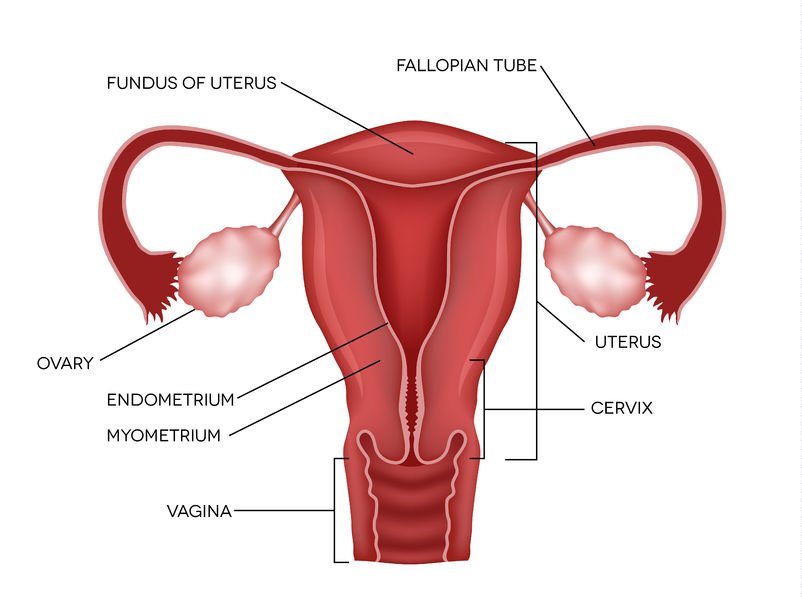- Home
- About Clinic
- About Dr Asha
- Services
- Complete Maternal Care
- Pre and Post Delivery Care
- High Risk Pregnancy Care
- Medical and Surgical Abortion
- Medical and Surgical Diseases in Pregnancy
- Breastfeeding Friendly
- Family Planning Operation & Services
- Fertility Solutions
- Routine Gynecology Checkup
- Teenage and Adolescent Care
- PCOD / PCOS Treatment
- Gyneac Cancer Treatment & Post Cancer surveillance
- Menopause Care and Counselling
- Vaginal Rejuvenation
- Hysteroscopy / Laparoscopy Clinic In Jaipur
- Fibroids and Endometriosis
- Gallery
- Blogs
- Faq
- Contact
- Appointments

